With reports in the press about further ‘clashes’ in Melbourne last week between ‘trans’ and ‘anti-trans’ activists, and the self-inflicted drama facing the Liberal leadership in Victoria following the Let Women Speak rally, I wanted to provide clarity about the kind of people who will unite a trans activist and a Liberal moderate in disgust.
The gender critical movement is a single issue, largely non-partisan political movement, consisting mostly of women and gays.
Already a subscriber? Log in
Subscribe for just $2 a week
Try a month of The Spectator Australia absolutely free and without commitment. Not only that but – if you choose to continue – you’ll pay just $2 a week for your first year.
- Unlimited access to spectator.com.au and app
- The weekly edition on the Spectator Australia app
- Spectator podcasts and newsletters
- Full access to spectator.co.uk

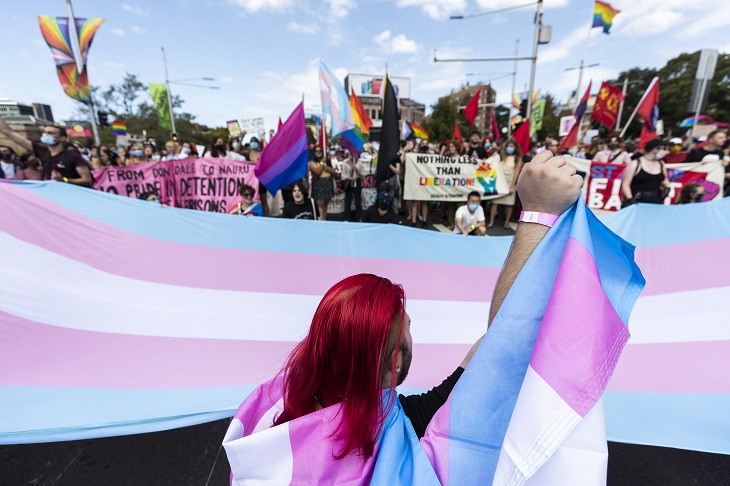
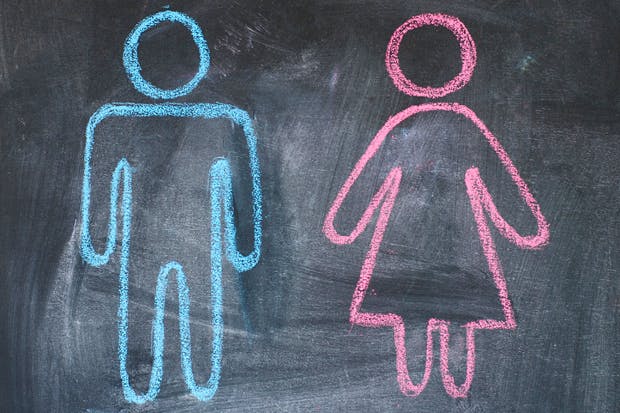
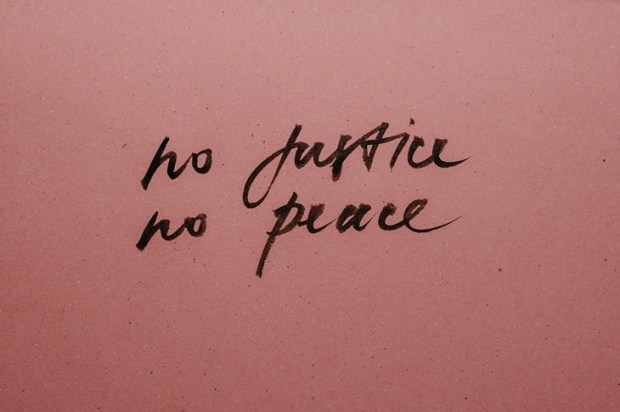

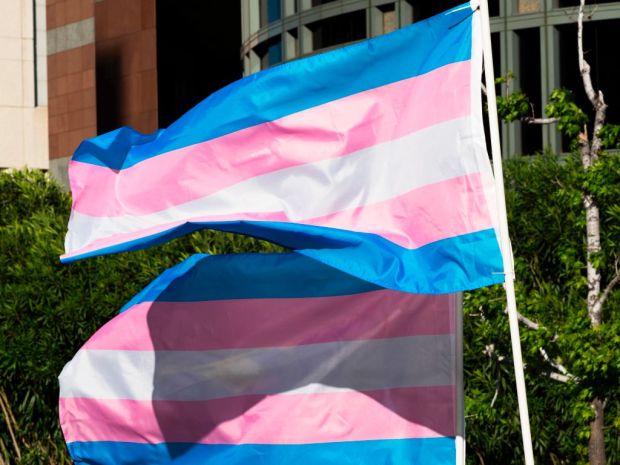

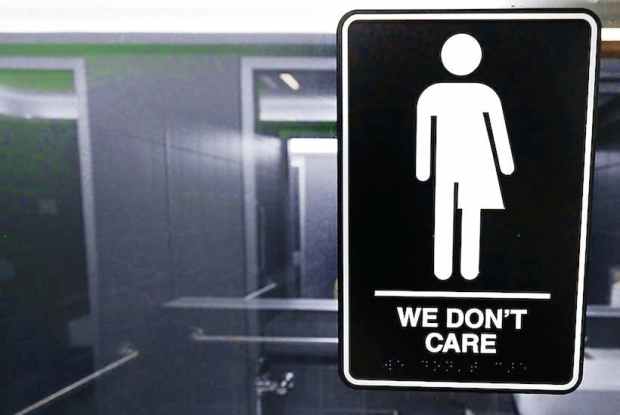


















Comments
Don't miss out
Join the conversation with other Spectator Australia readers. Subscribe to leave a comment.
SUBSCRIBEAlready a subscriber? Log in